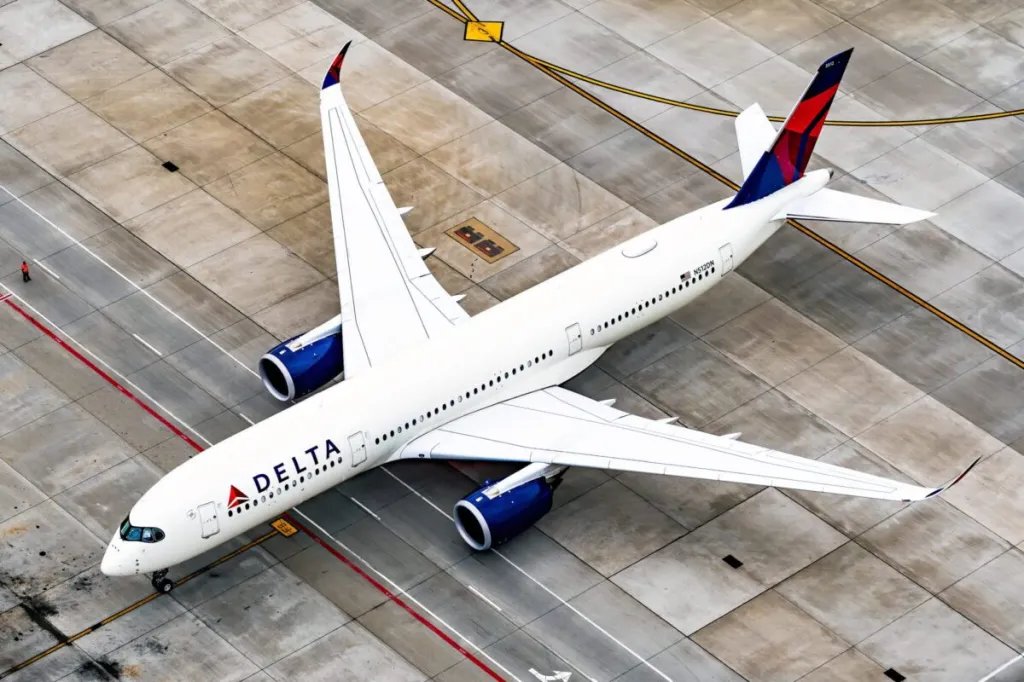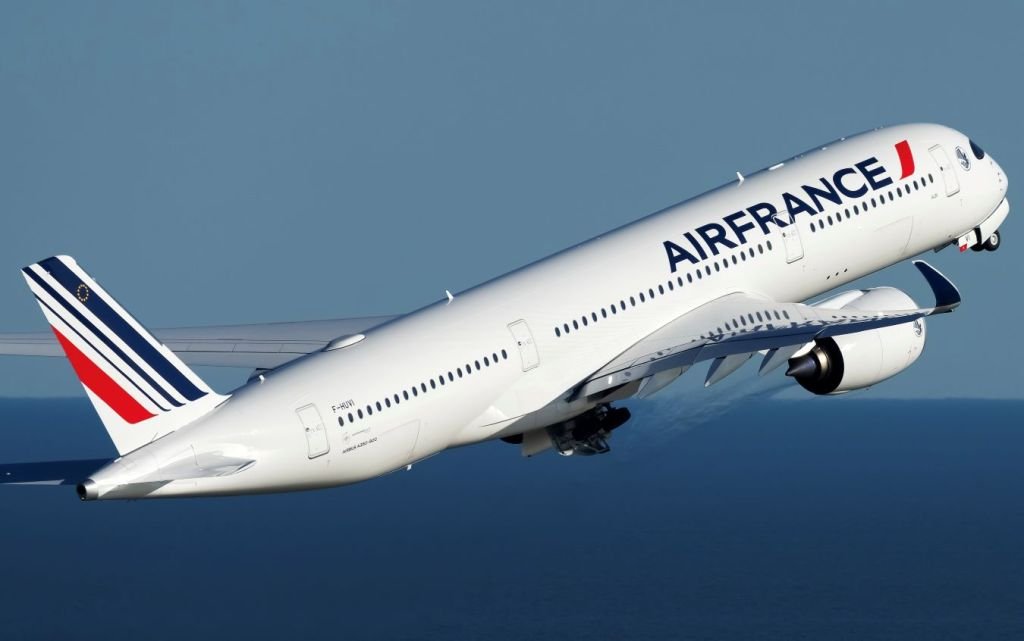Travel Market Insights
How Interest Media is Shaping Travel Marketing

The travel industry is witnessing a paradigm shift in digital engagement, as highlighted by Gary Vaynerchuk, chairman of VaynerX and CEO of VaynerMedia. Vaynerchuk has introduced the concept of “interest media,” a transformative approach to social media where algorithms prioritize user interests over social connections. This shift is significantly impacting how travel brands interact with consumers, emphasizing content relevance and engagement over follower count.
The Rise of Interest Media
Interest media marks a departure from traditional social media, which focused primarily on social networks and connections. Vaynerchuk asserts that the current digital landscape is driven by algorithms that curate content based on individual interests. This evolution has been embraced by travel industry leaders who recognize the potential of interest media to enhance consumer engagement. Konrad Waliszewski, co-founder and CEO of @Hotel, supports this view, noting that platforms now understand user preferences better than ever before.
Interest Media vs. Social Media
Tim Morgan, CEO of Jerne, distinguishes between interest media and traditional social media strategies. He describes interest media as a push strategy, where content is algorithmically delivered to users based on their interests. In contrast, social media operates as a pull strategy, relying on users to seek out content. Morgan emphasizes that brands must adapt to this new model to effectively reach consumers amidst the digital noise. However, he cautions that brands have limited control over platform algorithms, which can both positively and negatively impact content visibility.
The Origins and Impact of Interest Media
The emergence of interest media is closely tied to the rise of platforms like TikTok, where content is prioritized based on user engagement rather than follower count. Travis Pittman, co-founder and CEO of TourRadar, highlights how algorithms now drive content discovery, allowing even new users to achieve significant reach if their content resonates. This shift is leveling the playing field for smaller creators, enabling them to compete with larger brands without substantial marketing budgets.
Strategies for Travel Companies
For travel companies, adapting to the interest media era requires a strategic shift in content creation and distribution. Vaynerchuk advises brands to focus on generating content that garners views, as this metric now holds more significance than follower count. Waliszewski echoes this sentiment, suggesting that brands prioritize content that resonates with their target audience, leading to organic engagement and growth. The algorithm’s role in amplifying content that aligns with user interests underscores the importance of producing valuable and relevant material.
Challenges and Opportunities
While interest media presents opportunities for enhanced engagement, it also poses challenges for brands accustomed to traditional social media metrics. David Armstrong, co-founder and CEO of HolidayPirates, emphasizes the need for brands to understand market trends and consumer preferences to effectively capture attention. Additionally, Morgan notes that brands must ensure their content and partnerships maintain high quality to succeed in this new landscape. The balance between algorithm-driven content and authentic community engagement remains crucial.
The Future of Social Media in Travel
Looking ahead, industry experts believe that social media will continue to evolve, with interest media playing a central role in shaping consumer interactions. Waliszewski suggests that social media should be viewed as a comprehensive media platform, given the significant time users spend engaging with content daily. Armstrong highlights the increasing integration of social media content into broader digital ecosystems, such as search engines, further solidifying its importance.
Discover more at PhocusWire.
Travel Market Insights
Delta Says It Will Not Use AI to Target Customers

Key Points
- Delta Air Lines clarified it does not use AI to set individualized airfares based on personal data, following criticism from lawmakers.
- The airline uses AI, via a partnership with Fetcherr, to assist in dynamic pricing for a growing portion of its domestic flights, but claims all fares are determined by market dynamics and are publicly available.
- Lawmakers and officials have expressed concerns about potential predatory or ‘surveillance’ pricing, prompting Delta to stress its commitment to fair, competitive pricing and data privacy.
Summary
Delta Air Lines has publicly stated that it does not use AI to set individualized prices based on personal customer data, responding to recent criticism and inquiries from U.S. lawmakers. The airline acknowledged using AI technology, through a partnership with Fetcherr, to assist analysts in setting fares for a portion of its domestic flights, with plans to expand this use. However, Delta emphasized that fares are determined by market competition, not personal data, and all prices are transparently published, aiming to dispel concerns about privacy and potential predatory pricing.
Travel Market Insights
U.S. Dollar Slide Hurts Accor, Minor, and Meliá

Some of the world’s largest hotel companies saw their earnings dented by currency swings in the first half of 2025, as euro and baht-reporting groups absorbed losses while U.S.-based chains appeared largely insulated from the volatility.
Accor, Meliá Hotels, and Minor International all reported currency-related losses that offset solid operational performance. Meanwhile, U.S.-based Hilton and Wyndham, which report in dollars, did not mention foreign exchange impacts in their earnings calls and appeared shielded from the same pressures.
The U.S. dollar index dropped 10.8% in the first half of 2025 following the Trump administration’s April tariffs and public clashes with the Federal Reserve. The resulting investor pullback caused the dollar to weaken sharply against the euro, baht, and other currencies.
Accor: Currency Among Its Biggest Headwinds
Paris-based Accor repo
Travel Market Insights
Winners, Losers, and Lots of Premium Seats: Europe’s Airline Scorecard

Skift Take: Premium cabins still drive profits, but it's the low-cost threat that keeps Europe's legacy carriers up at night.
-

 Brand Stories2 weeks ago
Brand Stories2 weeks agoBloom Hotels: A Modern Vision of Hospitality Redefining Travel
-

 Brand Stories1 week ago
Brand Stories1 week agoCheQin.ai sets a new standard for hotel booking with its AI capabilities: empowering travellers to bargain, choose the best, and book with clarity.
-

 Destinations & Things To Do2 weeks ago
Destinations & Things To Do2 weeks agoUntouched Destinations: Stunning Hidden Gems You Must Visit
-

 Destinations & Things To Do1 week ago
Destinations & Things To Do1 week agoThis Hidden Beach in India Glows at Night-But Only in One Secret Season
-

 AI in Travel2 weeks ago
AI in Travel2 weeks agoAI Travel Revolution: Must-Have Guide to the Best Experience
-

 Brand Stories4 weeks ago
Brand Stories4 weeks agoVoice AI Startup ElevenLabs Plans to Add Hubs Around the World
-

 Brand Stories3 weeks ago
Brand Stories3 weeks agoHow Elon Musk’s rogue Grok chatbot became a cautionary AI tale
-

 Asia Travel Pulse4 weeks ago
Asia Travel Pulse4 weeks agoLooking For Adventure In Asia? Here Are 7 Epic Destinations You Need To Experience At Least Once – Zee News
-

 AI in Travel4 weeks ago
AI in Travel4 weeks ago‘Will AI take my job?’ A trip to a Beijing fortune-telling bar to see what lies ahead | China
-

 Brand Stories4 weeks ago
Brand Stories4 weeks agoChatGPT — the last of the great romantics

You must be logged in to post a comment Login